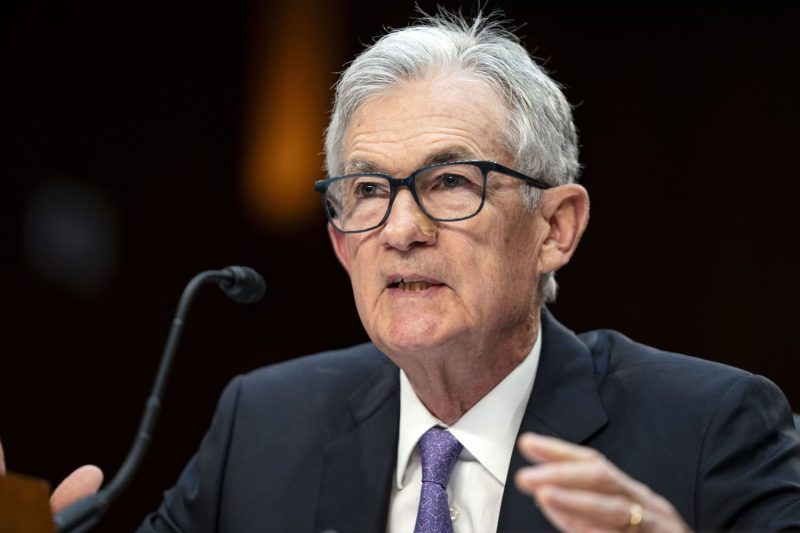Federal Reserve Chair Powell Says Holding Rates High For Too Long Could Jeopardize Economic Growth
In a recent speech, Federal Reserve Chair Jerome Powell expressed concerns over the potential negative impacts of maintaining high interest rates for an extended period. Powell emphasized the importance of striking a balance between fostering economic growth and controlling inflation through appropriate monetary policy decisions.
Powell’s remarks come amidst growing debate within the Federal Reserve regarding the optimal course of action in response to the current economic challenges facing the United States. While some policymakers advocate for a more cautious approach, arguing that higher interest rates are necessary to curb inflationary pressures, others, including Powell, are wary of the potential negative consequences of prolonged tight monetary policy on economic growth.
The Federal Reserve has been gradually increasing interest rates in recent years in an effort to prevent the economy from overheating and to keep inflation in check. However, Powell cautioned that maintaining rates at excessively high levels for an extended period could impede economic expansion and lead to adverse outcomes for businesses and consumers.
One of the main concerns raised by Powell is the impact of high interest rates on borrowing costs for businesses and consumers. When interest rates are high, the cost of borrowing increases, making it more expensive for businesses to invest in new projects and for consumers to access credit. This, in turn, can dampen economic activity and hinder growth prospects.
Moreover, Powell highlighted the potential negative effects of high interest rates on asset prices, particularly in the housing market. High borrowing costs can deter potential homebuyers from entering the market, leading to a slowdown in real estate activity and potential price declines. This can have ripple effects on related industries and the overall economy.
In light of these concerns, Powell underscored the importance of a data-driven approach to monetary policy and reiterated the Federal Reserve’s commitment to adapting its policy stance based on evolving economic conditions. While acknowledging the need to address inflationary pressures, Powell emphasized the importance of considering the broader implications of monetary policy decisions on economic growth and stability.
Moving forward, the Federal Reserve faces the challenging task of calibrating its policy stance to support economic growth while keeping inflation in check. Powell’s remarks serve as a reminder of the delicate balance that the central bank must strike in navigating the complex economic landscape and ensuring a sustainable and inclusive recovery for the United States. Maintaining an open dialogue and considering diverse viewpoints within the Federal Reserve will be crucial in formulating effective policy responses to the evolving economic challenges.
